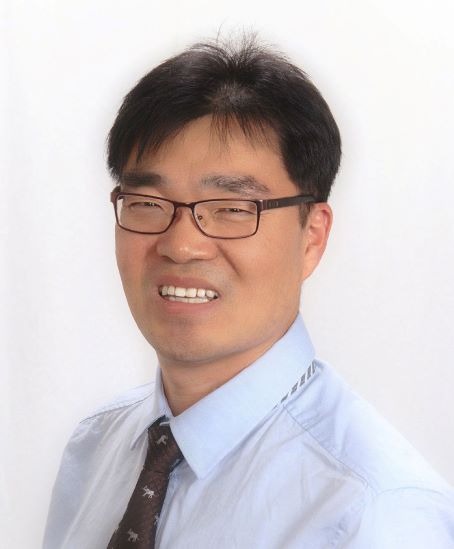Justin Jeong
Office Address
Translational Imaging Laboratory
University Health Center Suit 4J-B
Biography
Jeong-Won Jeong, Ph.D. is a Professor of Pediatrics and Neurology, an accomplished MRI physicist, and a dedicated neuroimaging researcher with a deep commitment to the well-being of sick children. Dr. Jeong's academic journey began with a B.S. in Biomedical Engineering from Yonsei University in Korea. He then pursued his passion further, earning a M.S. in Electrical Engineering and ultimately achieving a doctorate in Biomedical Engineering, both from the University of Southern California. Dr. Jeong embarked on a postdoctoral fellowship at the University of Southern California, where he delved into the realms of Radiology and the Alfred E. Mann Institute for Biomedical Engineering. This pivotal experience fortified his academic foundation and set the stage for his remarkable career.
His professional pursuits are a testament to his unwavering dedication. Dr. Jeong's research and clinical interests revolve around the identification of functional and structural imaging biomarkers, crucial in the diagnosis of complex conditions such as Epilepsy, Developmental Delay, Autism, Sturge Weber Syndrome, and Borderline Personality Disorder.
His impressive body of work encompasses over 80 peer-reviewed full papers, a testament to his commitment to advancing the field. As the principal investigator of an R01 grant project generously funded by the National Institutes of Health, Dr. Jeong is at the forefront of pioneering an advanced diffusion MRI tractography methodology at clinical environment. This methodology has the potential to significantly reduce postoperative deficits in pediatric epilepsy surgery, thereby improving the lives of countless children and their families.
Additionally, Dr. Jeong serves as a Co-Investigator on four additional R01 projects. These endeavors aim to develop cutting-edge multimodal imaging methodologies, combining MRI, PET, and electrocorticography. The goal is to enhance the accuracy of early detection of pediatric neurological disorders, a mission that aligns perfectly with his deep commitment to the welfare of sick children.
Division
Positron Emission Tomography (PET) Center
Education/Training
University of Southern California, M.S., Electrical Engineering, 2002
University of Southern California, Ph.D., Biomedical Engineering, 2002
Office Phone
313-993-0258
Research
Role: Principal Investigator, NIH 2R01NS089659, 02/2015 - 06/2026
Title: Novel DWI Methods to Minimize Postoperative Deficits in Pediatric Epilepsy Surgery
Sponsor Name: National Institute of Neurological Disorders and Stroke (NINDS)
The major goal of this grant study is to utilize deep learning-based diffusion MRI techniques to optimize the surgical margin, predict the postoperative neurocognitive outcome, and determine the specific mechanism of postoperative brain reorganization in children undergoing epilepsy surgery. See details at today.wayne.edu/medicine/news/2022/01/26/mri-physicist-and-team-at-school-of-medicine-net-2-million-grant-that-could-lead-to-freedom-from-seizures-in-pediatric-epilepsy-46831
Research Interests
High spatio-temporal resolution dynamic tractography (youtu.be/OVdsOi6RY9A)
High spatio-temporal resolution dynamic tractography with 3D stereotopic rendering (youtu.be/XZa7bJ4dZ8I)
High spatio-temporal resolution dynamic tractography with MRA and MRV (youtu.be/7cV0jM-fIY4)
Disease/Disorder Research
Epilepsy, Cognitive/Language/Motor/Behavioral developmental delay, Autisms and Sturge-Weber Syndrome.
Research Key Collaborators
Eishi Asano, Csaba Juhasz, Sidhartha Tan, Michael E. Behen, Harry T. Chugani
Research Methods
Deep learning neural network, DTI tractography connectome, Intracranial electrocorticography, PET and fMRI.
